LEADING LITIGATION LAWYERS
Strategic Litigation. Case & Dispute Management
BOOK A CALL BACK
Experts & Cost Effective Dispute Management
Why Choose Our Firm to Brief?
We have significant business and legal experience. Which means knowing when to push hard and when to favourably resolve!
Strategies Developed Over 30 Years of Experience
We Take Your Litigation Personally.

When the stakes are high, our Senior lawyers bring that big‑firm expertise with the small team extra attention to generate an intelligent strategy that consistently outfoxes the opposition.
We deliver world-class litigation and dispute resolution services with personalized attention and a cost-effective fee strategy, clear budgets, and speed.
Explore our experience and capability areas below to see how our approach turns complex disputes into controlled, winnable problems. Our initial reviews and strategy sessions are confidential, free of charge and without obligation.
We are proud of our unblemished record in litigation and disputes since our founding in 2016.
BOOK A CALL BACK
How It Works- Free Case Assessment Triage

Upload
Documents
Submit your case files by our secure legal portal

Assessment
& Triage
Litigation director reviews within 12-24 hours

SPEAK TO A SENIOR LAWYER
Free quick call to discuss your matter (no obligation) without any document upload.

Next steps
Strategy and cost estimate if you wish to procced. Without obligation.
Why Use Our Case Assessment Service?
- Real Lawyers. Not AI
- 24/7 Quick Response
- Outstanding Case Results
- Secure Confidential Portal
SECURE ONLINE
Case reveiw
Upload your documents for a free dispute assessment, typically within 12 to 24 hours.
Free SENIOR lawyer call
Book a quick call for free case advice or to review your litigation or dispute without obligation
Why Clients Choose the Goldman Lawyers Approach
- Clear communication for stakeholders: Plain‑English updates and communication.
- Speed & availability: Same‑ or next‑business‑day triage, rapid filings, and prompt action.
- Senior‑led strategy: Ex‑big‑firm world-class expertise and deliverables.
- Results that matter and are commercial: Strong track record of settlements and court wins.
- Transparent fees: Scoped matters, phase‑based budgets, and cost‑effective capped options – no surprises, ever.
GOLDMAN LAWYERS' DISPUTES & LITIGATION AWARDS
Our Diverse Commercial Capability & Experience Is The Difference
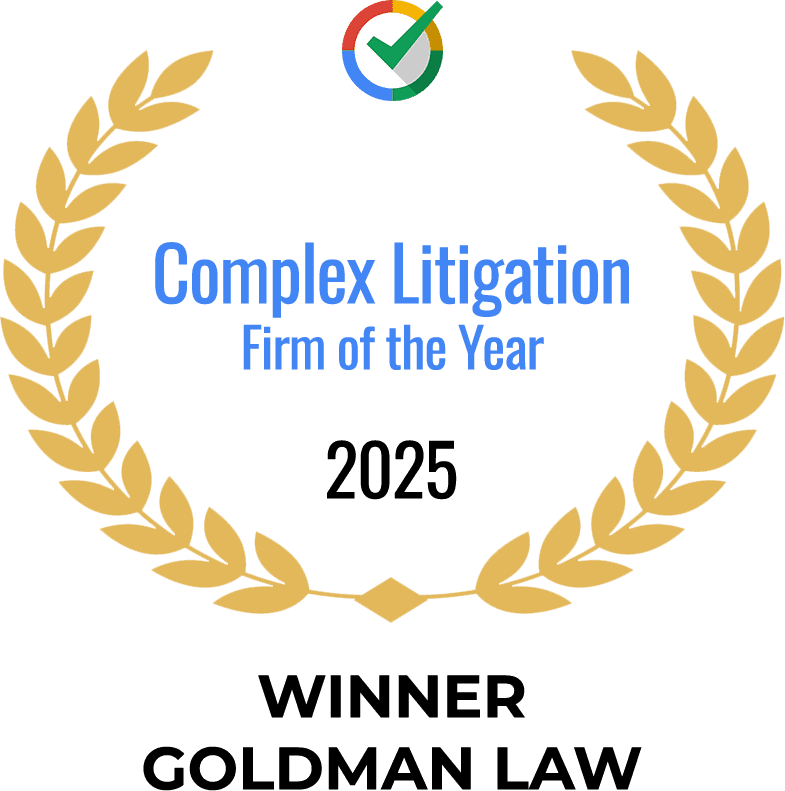
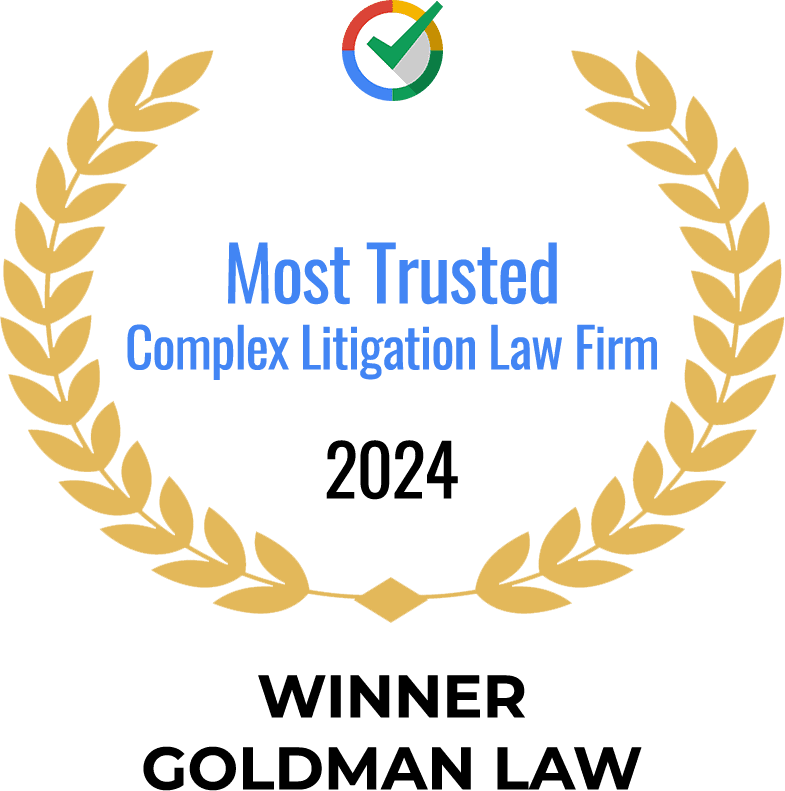
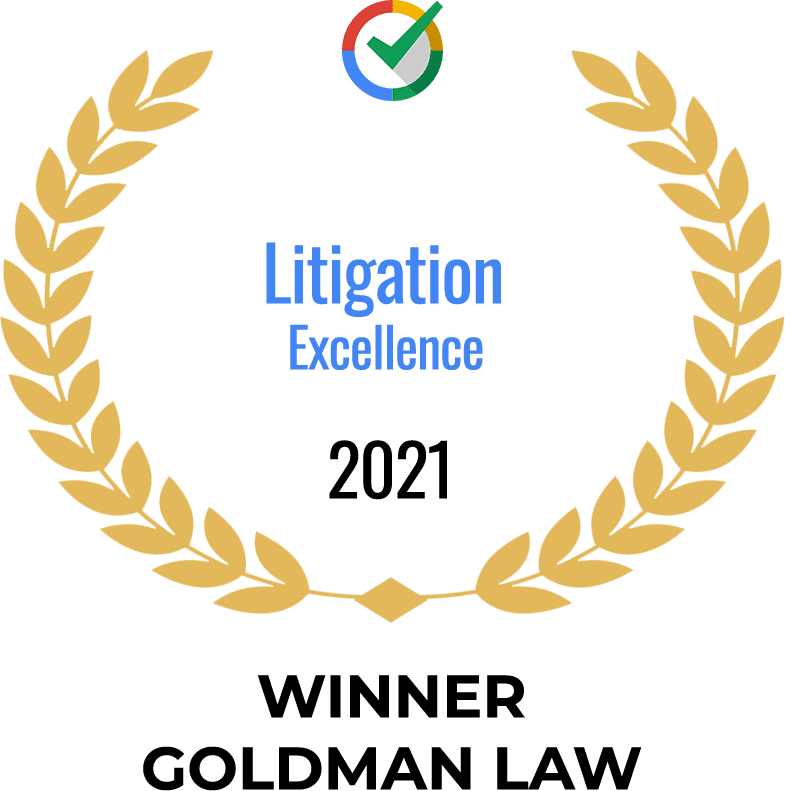
OUR UNIQUE DIFFERENCES - WHAT SETS US APART?
Commercial Experience of Over 30 years
Coupled With Snr Lawyers With "Top End" Legal Qualifications
We triage disputes fast with a clear strategy and path forward
Holistic, commercial, strategic with a dedication to win and resolve
Goldman Dispute & Litigation Practice Areas

Commercial Property & Assets Litigation
Boutique powerhouse! Commercial litigation senior lawyers working across Australia with outstanding commercial knowledge and understanding. Best Multi‑Practice Law Firm 2025 – Eastern Australia, Australian Enterprise Awards 2025, and APAC Insider Client Service Excellence Award 2025, awarded Innovation in Legal Services.

Regulatory, Health & Medical, & Administrative Law
Recognized as one of Australia’s leading health law experts for medical, regulatory and practitioner claims. Have won against the regulators across multiple states. Led potential class actions and defended Australia’s largest cosmetic class action successfully. Complex Litigation and Medical Negligence Firm Of The Year 2022. Awarded distinction in Health Law 2021.
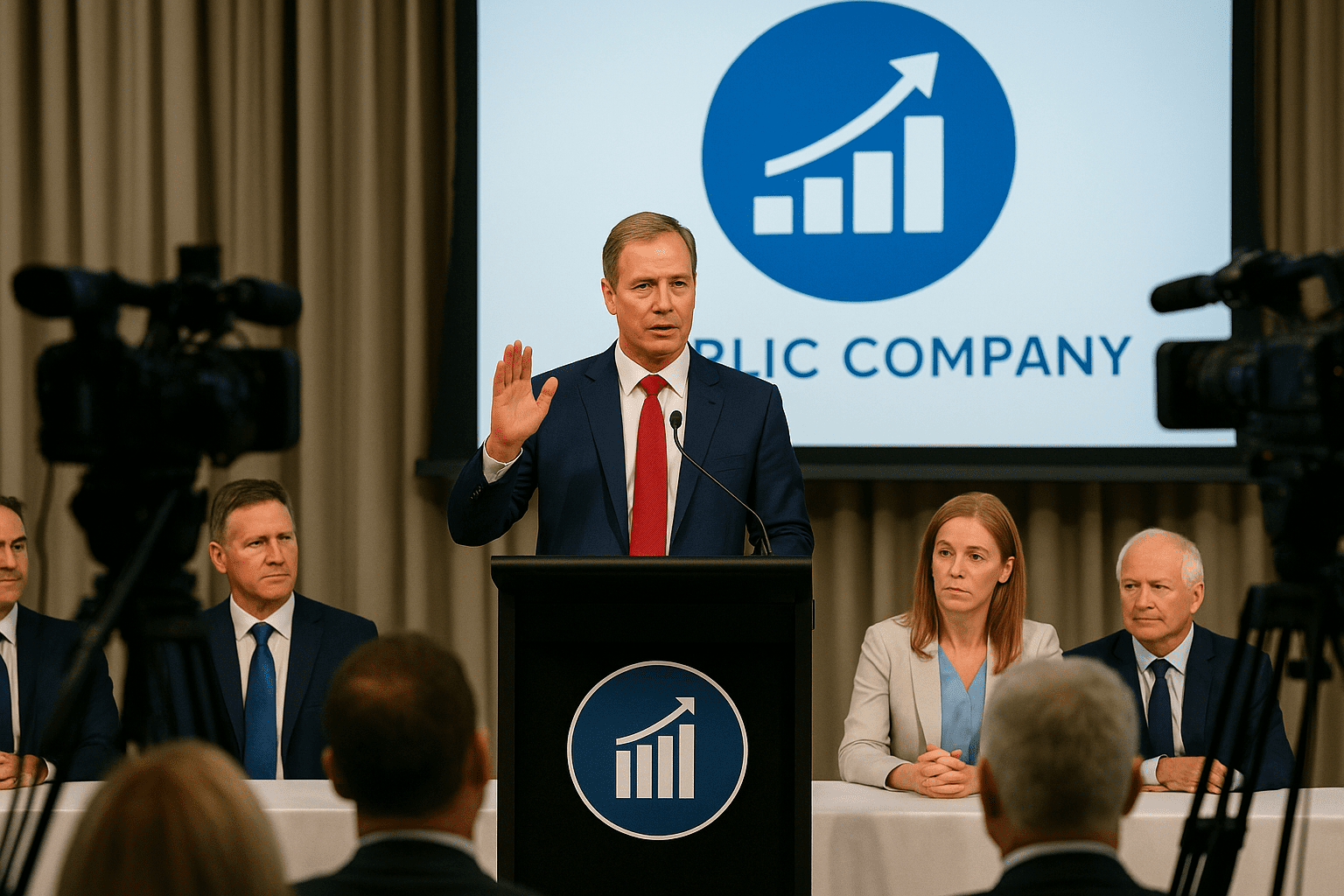
Corporate, Shareholders’ & Directors’ Disputes
Australia’s complex litigation boutique lawyers – awarded Complex Litigation Firm of the Year 2025 and Most Trusted Complex Litigation Law Firm 2024, delivering proven litigation excellence from a senior team and not a large mass of associates.
Shareholders, minorities, directors’ duties, insolvency and restructuring.
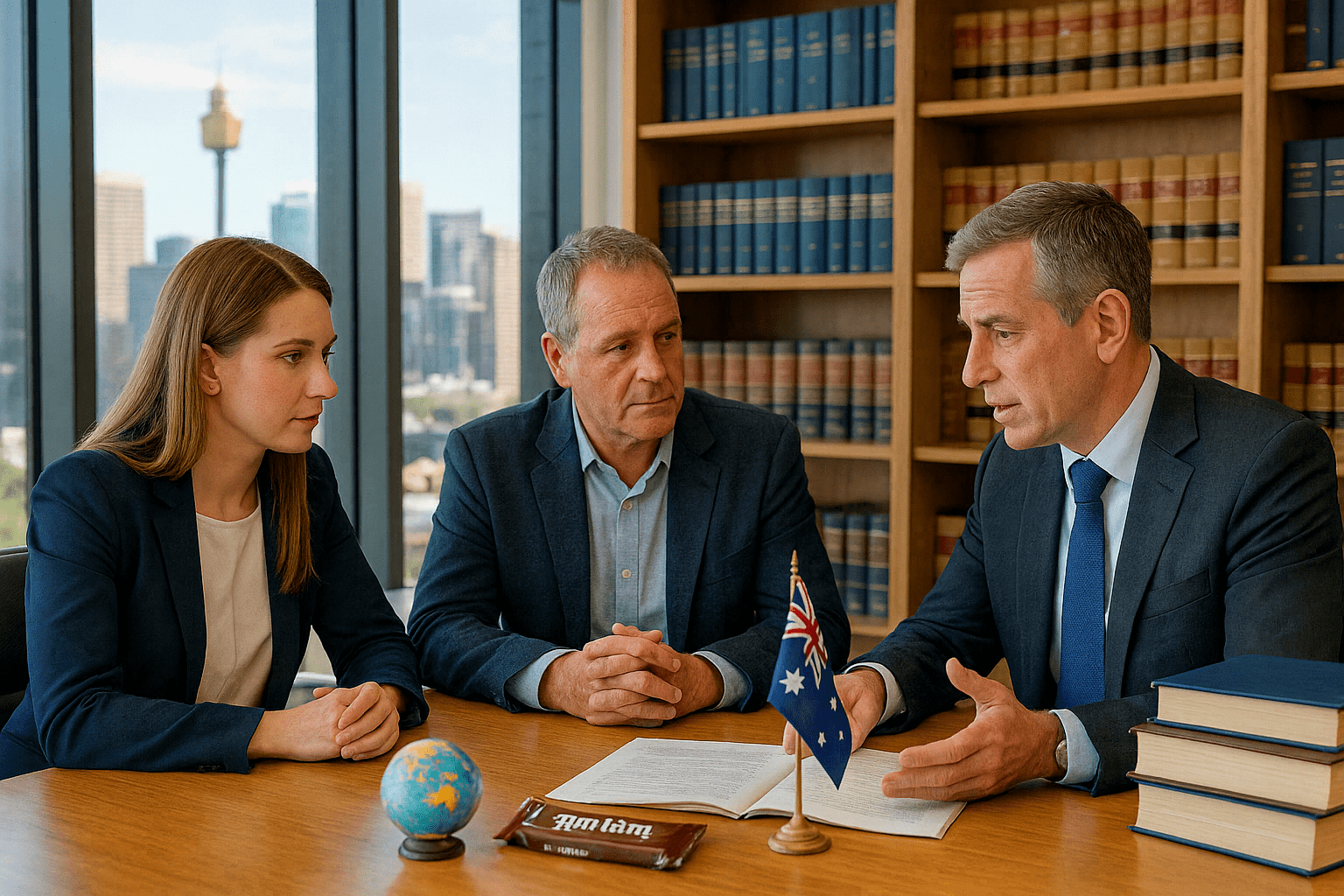
Insolvency, Trusts, Finance & Tax Disputes
Leading tax litigation lawyers in Australia. International Tax Law Firm of the Year in Australia – 2025 and Domestic Tax Law Firm award‑winner, leading on Tax Disputes with ATO audits, objections, and Federal Court appeals.
Family trusts and estate litigation with “STEP” membership and expertise since 2010.

Employment Contracts & Disputes
On behalf of small to mid-sized employers handling all disputes involving fraud, theft, breach of contracts, defamation and data theft.
FWC matters in WA, Victoria and NSW. Data breach and privacy injunctions and defences.
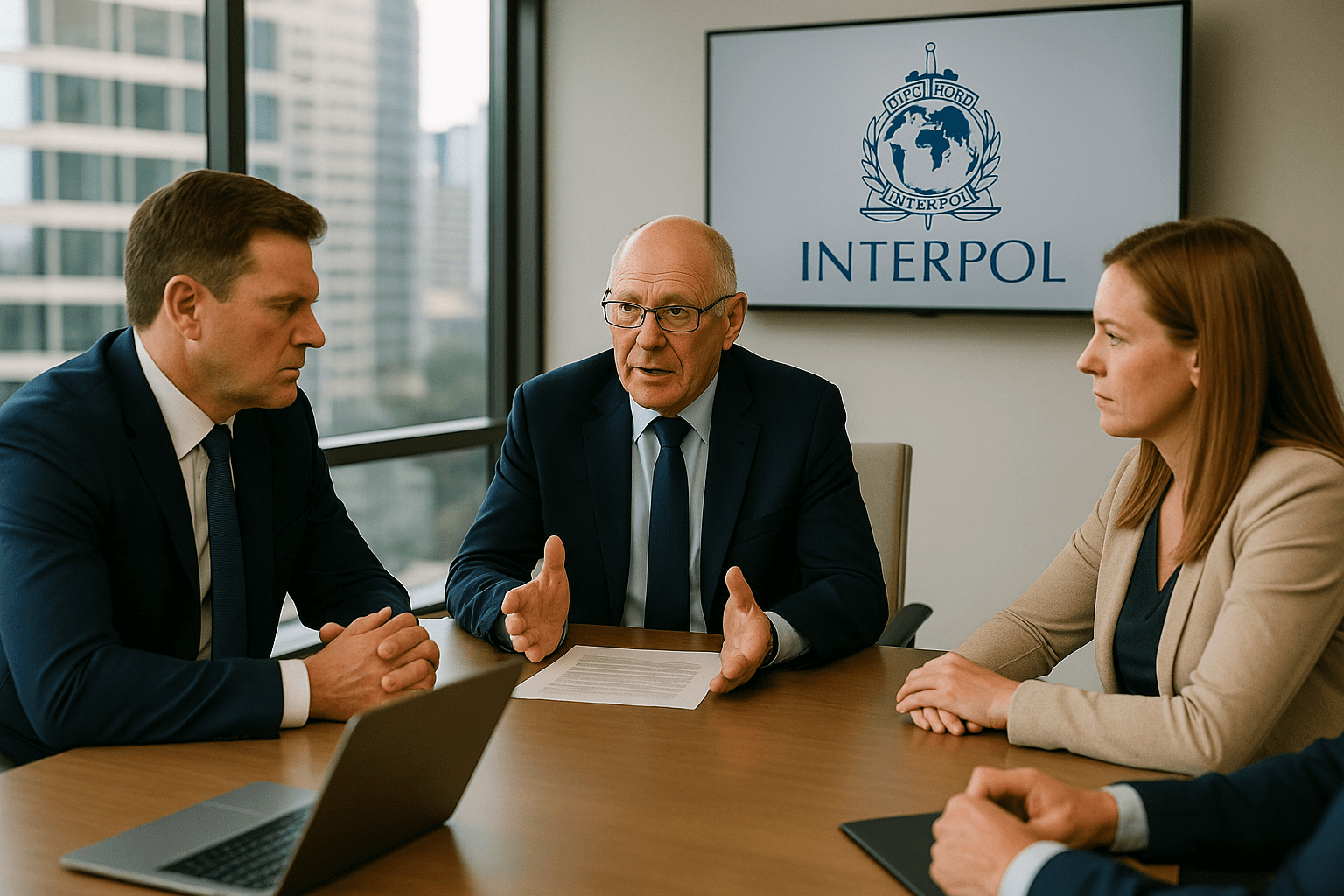
Mediation, Sensitive & Complex Matters
Money laundering, proceeds of crime, phoenix activity, and cross-border compliance with AUSTRAC and INTERPOL. Recognised as a leading AML & Financial Crime defence firm.
Handled major matters on abduction of children, global asset tracing international separations. Awarded Best Family Law Firm 2023.
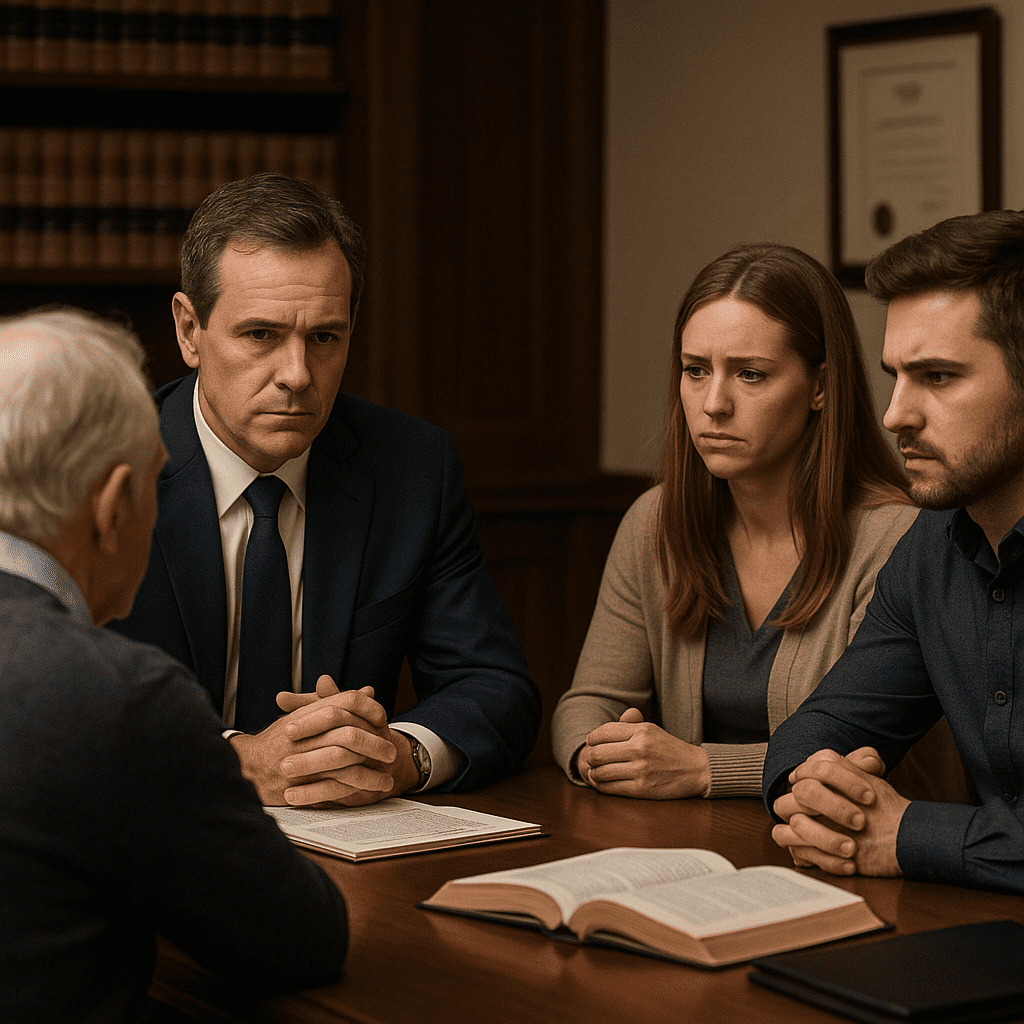
FREE QUICK & UNIQUE LITIGATION LAWYER CASE REVIEW
- Our unique litigation triage service means you upload relevant documents (orders, served documents, letters) to our secure portal using Smokeball.
- We TRIAGE and respond within 24 hours with a no obligation assessment by our Litigation director.

FREE CALL TO BOOK OR DISCUSS*
- Quick Case Advice Or Review
- Our unique litigation triage service means you upload relevant documents (orders, served documents, letters) to our secure portal using Smokeball.
- We TRIAGE and respond within 24 hours with a no obligation assessment by our Litigation director.
Key Strengths Demonstrated Through Casework
- Supreme Court victories and presence in NSW, WA, Victoria and Queensland.
- Proven multi-jurisdictional litigation and dispute management across Australian and foreign courts.
- Industry-leading medical defence and regulatory success (AHPRA, HCCC, NCAT).
- Exceptional IP, patent, property & commercial victories in NSW Supreme Court
- High-value tax and trust advisory with long-term ATO resolution outcomes.
- Family law and appeal victories demonstrating strategic advocacy and procedural precision.
LITIGATION & DISPUTES FAQ's
Going to Court, Litigation & Dispute Resolution in Sydney, NSW
Do I need a lawyer for a property, contract, directors, employment or business dispute in Sydney?
- You’re not legally required to have a lawyer for a contract or court dispute in Sydney, but it’s highly recommended and advised unless the claim is minor (e.g., a small claim).
- Contract and business law can be complex, and even a seemingly minor breach can escalate quickly without proper legal guidance.
- If you do not have a lawyer, you risk expensive costs orders against you as well as losing the case in the first place.
- Your legal costs and advice are usually able to limit your potential losses and increase the ability to settle the dispute.
- You may also have personal liability for the costs of the other side if you lose, or in some cases, even where you may be successful.
- Do not risk your personal assets by being unrepresented in any litigation. If your business cannot pay, you will be personally liable, including having your home at risk if you are a joint owner.
- Speak to us and we can triage going to Court for you, and advise you within 48 hours at no or little cost.
What are the usual 8 steps in the litigation process in NSW?
ii. 28 days to lodge a defence – watch the time limit
iii. Discovery
iv. Mediation or settlement
v. Hearing or trial dates
vi. Appeals
vii. Costs
viii. Enforcement of orders
How long does it take to resolve a legal dispute or litigation in Sydney?
The timeline can vary widely based on the complexity of the case and the court’s schedule. Many civil disputes in NSW are resolved within about 6 to 18 months – especially if they get settled early, such as at a mediation within the first few months.
Statistics show that the majority of cases (around 80–90%) are concluded within two years in the court system.
However, if a case is very complex or goes all the way to a full trial (and possible appeals), it could take longer (sometimes well beyond 2 years for highly contentious matters).
In general, straightforward matters or those where parties are willing to negotiate will resolve faster, whereas a fully contested lawsuit through trial will be on the longer end of the spectrum.
How much does litigation cost in Sydney, and who pays the legal fees?
Litigation can be expensive, so it’s important to weigh the costs. In a Sydney dispute, you will typically pay your lawyer’s fees (which may be hourly rates or fixed fees) as well as court costs like filing fees, and possibly fees for barristers or expert witnesses if required or they are needed.
The total can range from a few thousand dollars for a simple case to tens of thousands (or more) for a complex, drawn-out case.
Under NSW’s “loser pays” principle, the court can order the losing party to pay (or reimburse) some of the winning party’s legal costs.
However, even if you win, you usually won’t recover 100% of your expenses – typically, only a portion is recoverable. And if you lose, you will likely be required to pay a significant part of the other side’s costs on top of your own. Because of these stakes, lawyers often advise considering settlement or mediation if appropriate, to avoid the risk of higher court costs.
What are the Court Costs and monetary limits in NSW?
Court filing & hearing fees (civil) vary by court, and by whether the party is an individual or a corporation. Typical examples (effective 1 July 2025):
Local Court (Sydney/NSW)
- File a claim – General Division: $355 (individual) / $710 (corporation). Small Claims: $172 / $344.
- Notice of motion: $109 / $218. Subpoena: $129 / $258.
- Sheriff enforcement examples: writ for levy of property $107 + 3% of proceeds; writ of possession $434.
District Court (Sydney/NSW)
- File an originating process: $1,074 (standard) / $2,149 (corporation).
- Set down / allocate a hearing date: $1,244 / $2,489.
- Daily hearing fees (after day 1): $914/day (days 2–4), $1,285/day (days 5–9), $1,867/day (day 10+).
Supreme Court of NSW (Sydney)
- File an originating process: $1,384 (individual) / $3,788 (corporation).
- Notice of motion: $766 / $1,533; subpoena: $129 / $258.
- Set down / allocate a hearing: $2,762 / $6,313.
- Daily hearing fees (after day 1): $1,101/day (days 2–4), $1,769/day (days 5–9), $3,562/day (day 10+), with higher corporate rates.
Can we settle a dispute without going to court in NSW (mediation or ADR)?
- Yes, absolutely. In fact, most disputes in NSW are resolved without a full court trial.
- You can attempt Alternative Dispute Resolution (ADR) methods like negotiation, mediation, or arbitration to settle the matter privately. Mediation – where an independent mediator helps the parties talk through the issues – is a popular first step and often leads to a mutually agreed settlement.
- NSW courts strongly encourage parties to try to settle; judges commonly order mediation early in the case, and a large percentage of cases end up resolving at or before mediation rather than reaching a trial.
- Settling out of court can save considerable time, legal costs, and stress for both sides. However, if ADR doesn’t resolve the issue, you still have the option to proceed with court litigation, and any communications in mediation typically remain confidential.
What should I do if I am being sued or receive a Statement of Claim in Sydney?
If you’ve been served with a Statement of Claim (or any court documents indicating you’re being sued), act quickly and do not ignore it. In NSW, you usually have 28 days from the date of being served to file a Defence in court.
Failing to respond within the deadline can result in the other party obtaining a default judgment against you (meaning they win the case by default).
As soon as you receive the claim, read it carefully and contact a litigation lawyer for advice. Your lawyer will help you understand the allegations and your options – whether it’s filing a defence to contest the claims, negotiating a settlement, or asking the court to throw out an unmeritorious claim.
The key is not to delay: by responding promptly, you can avoid losing by default and put yourself in the best position to defend the case or resolve it on favourable terms.
Can I be held personally liable for my business’s debts or lawsuits in NSW?
If your business is a registered company (e.g. a Pty Ltd), generally you personally are not liable for the company’s debts or legal judgments – the company is a separate legal entity responsible for its own obligations.
This is the principle of limited liability, meaning your personal assets (house, savings, etc.) are protected in most cases.
However, there are important exceptions. If you have signed a personal guarantee (for example, guaranteeing a business loan or lease), then you are personally on the hook for that obligation if the company cannot pay.
Likewise, company directors can be personally liable if they engage in illegal or improper conduct, such as trading while insolvent or committing fraud. In summary, outside of those scenarios, your personal assets are safe – but you should be cautious when asked to personally guarantee anything for your business, and always act lawfully as a director to maintain your liability protection.


